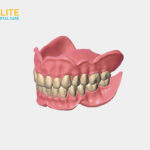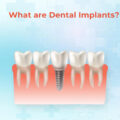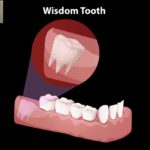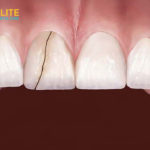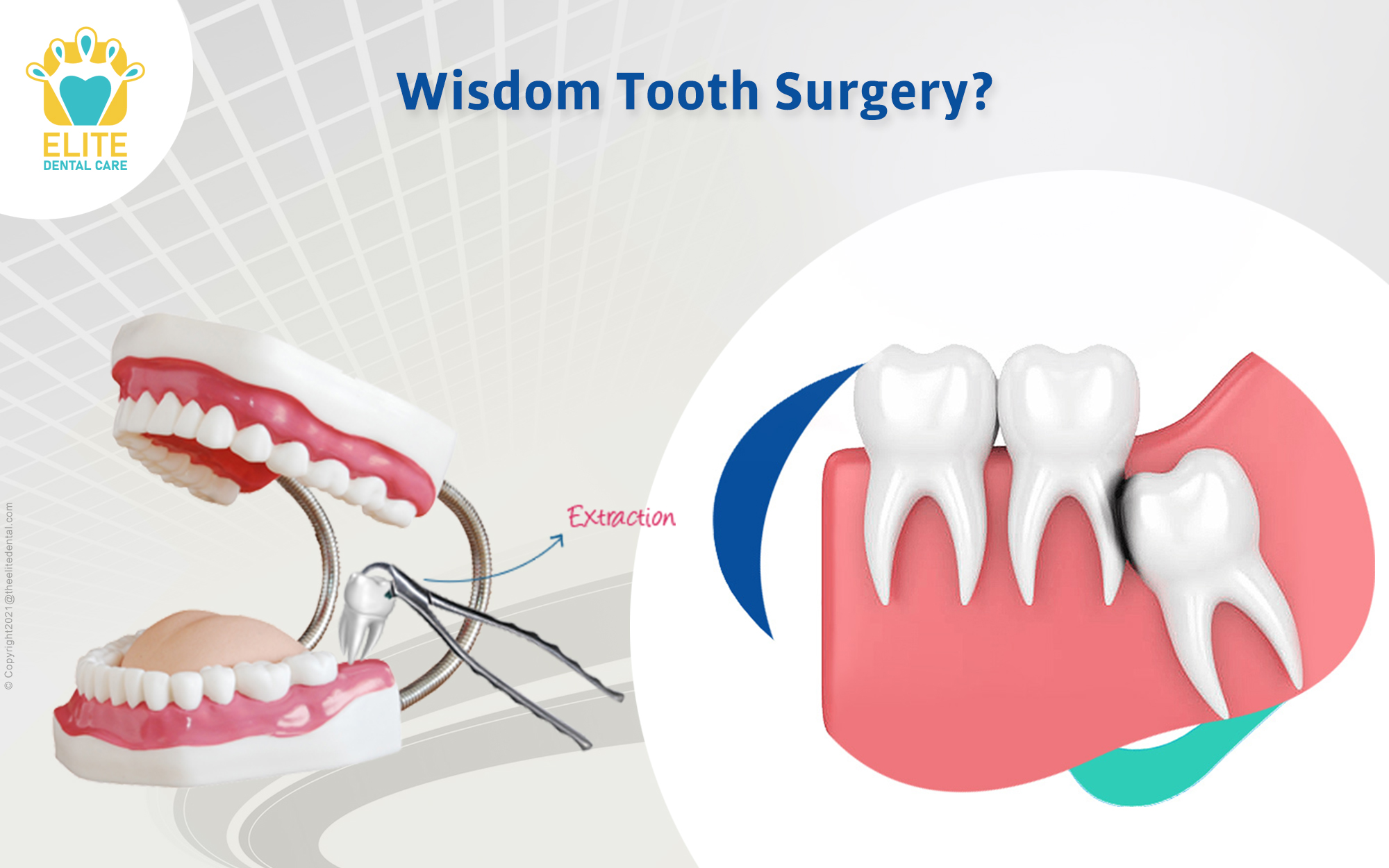
dental caredentureshygiene tipsTooth ExtractionUncategorized
edental
29 March 2022
Is wisdom tooth removal a major surgery?
An essential aspect of wisdom teeth removal is considered a relatively safe procedure. Fortunately, as with any operation, there can sometimes be some type of risk depending on the patient’s health, which the dentist handles.
Complications may occur during or after wisdom teeth extraction, even though it is not considered dangerous. The good news is that following your dentist’s or surgeon’s recommendations for after-surgery care effectively reduces the likelihood of future problems.
Throughout this blog, we will tell you about the complications you might experience after wisdom tooth surgery. Continue reading for more information.
The process of removing wisdom teeth
During your consultation with the oral surgeon, they will explain the tooth extraction procedure. You will have a chance to ask any questions regarding tooth extraction and wisdom teeth recovery during this meeting.
You need to reveal to your surgeon your medical history. You must disclose all medications you are currently taking, any allergies, and all medicines you have taken in the past. After all the information, your dentist will finalise your anaesthesia level during the surgery.
During dental surgery
For wisdom teeth to fall out, it usually takes about 45 minutes. The procedure will occur under anaesthesia, so you will not feel pain. There are two options for sedation: general sedation or IV sedation. Wisdom teeth removal will result in both numbness and unconsciousness.
After the medication kicks in, your dentist will cut your gums to remove your wisdom teeth with dental surgical tools. Your surgeon will stitch the wounds shut to speed up your gums’ healing. The stitches will dissolve over time so that they won’t be visible afterwards.
It is how wisdom teeth surgery happens, and it’s simple, so you don’t need to worry about it. Hence you will have to deal with the following consequences after your teeth extraction if you do not take good care after your surgery part:
Dry socket
During the extraction process, there is a possibility of a condition known as dry socket, also known as alveolar osteitis. The socket in which the wisdom teeth were extracted forms a blood clot over the bones and nerves. Dry sockets occur when this blood clot is displaced, resulting in bone exposure. Although they can treat the condition, it can be excruciating.
After surgery or separate tooth extraction, a dry socket may occur three to five days later. Contact your dentist immediately if you are experiencing symptoms of dry socket. Cleansing the surgical site, applying a medicated dressing over the wound, and prescribing anti-inflammatory drugs are methods of treating dry sockets.
Bruising is abnormal.
The wisdom tooth extraction process usually involves bleeding, especially on the first day when the blood clot forms. An abnormal bleeding event occurs when it lasts for several days and is excessive in amount.
In addition to providing gauze to limit bleeding, your surgeon will recommend you eat soft foods and randomly rinse your mouth until the blood clots.
Swelling
When wisdom teeth come out, swelling is almost always accompanied by pain. Nodes can reach a point of concern despite being familiar and easy to treat with over-the-counter pain killers.
If swelling lasts longer than a few days or gets worse, you should contact your dentist or oral surgeon instead of getting better since it could indicate a more severe infection.
Infection
Infection is a risk associated with wisdom teeth extraction since it is a surgical procedure. Patients who fail to follow the after-surgery care recommendations are particularly at risk. The extraction site can become contaminated with food particles, and bacteria can grow deep within the jaw where wisdom teeth are extracted, causing severe infection.
Infections after wisdom teeth removal consist of excessive bleeding, pain that won’t subside even with painkillers, excessive swelling, oozing discharge from the extraction site, and difficulty opening the mouth.
What is the right time to visit a dentist?
You should contact your oral surgeon if you’re experiencing any symptoms of a severe infection, excessive pain or dry socket. After wisdom teeth extraction, you should go to the nearest emergency room or call 911 if you experience difficulty breathing or a high fever.
Conclusions on the removal of wisdom teeth
The removal of wisdom teeth is a safe and standard outpatient procedure. Fortunately, it shouldn’t be too painful to recover from wisdom teeth removal.
You should always discuss any concerns before your procedure with your oral surgeon. During this time, you will be able to speak with your dentist, ask any questions you may have, and book an appointment at your convenience.
